Gain Control of Overeating
It’s easy to get into the habit of overeating, especially in a busy world full of instant accessibility to food. Everyone has a different weak point when it comes to overeating. Over time, overeating can lead to weight gain and also trigger feelings of guilt and remorse, certainly not healthy energies for healing!
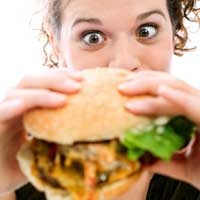
Take Control!
I recently read a book about this very topic called ‘The End of Overeating’ by David Kessler. A lot of the book outlines how the food industry creates foods which are addictive by nature, then puts them into packaging with alluring and tempting labels and markets them with intentional advertising geared at selling ‘happiness’ and ‘fun’ through the consumption of their food. It’s definitely all about making profit, and innocent consumer is the victim for sure.
The interesting part of the book is when the author speaks about how to stop the habit of overeating. Below is a summary of his key points to remember.
Stop Emotional Eating

Stop Emotional Eating!
It can be easy to turn to food when emotional tensions are running high. Our conditioned response to stress is to eat. Next time you are faced with this situation, ask yourself, ‘Will eating truly help me deal with this feeling?’ Be prepared with a plan for something else to do besides eat. Call a friend, goo for a walk or practice some stress reduction exercises.
Have a list of alternative responses ready, so that when strong emotions kick in and steer you towards food, you can quickly choose to do something different.
Deal with Temptation
If your guard is down at the first sign if an urge, it can be tempting to respond. That lapse opens the door to an internal dialogue in which you begin to justify giving in to the temptation.

Deal With Temptation
A bad day at work, a child’s misbehaving, even a disappointing step on the scale can become your justification.
Soon you’re inventing excuses for pursuing reward. ‘I’m entitled to this….It will cheer me up….I’ve been good this week….I can eat just a little.’ Eventually, your determination to say no buckles.
Accept the reality that you will be challenged with these moments. It’s not about being strong enough to beat the temptation of eating stimulating food, but about being smart enough to deal with it.
“Eat Food. Mostly Plants. Not too much.” -Michael Pollan
Visualize the Right Choices

Visualize success!
Visualize yourself deciding not to reach for bread when it is passed around the table. Imagine choosing all healthy foods when you shop. See yourself creating wonderful salads and delicious satisfying meals that are serving your body and your health.
Elite athletes spend hours anticipating every move of their performance in advance. When the moment comes, they are completely focused on the routine that had been practiced over and over again in their mind.
Mental rehearsal helps solidify your commitment to controlled eating by helping you focus your intentions and maintain control over your thoughts.
-From the Book ‘The End of Overeating’ by David Kessler
As you practice these steps, over time you will start to see for yourself that you can indeed break the habit of overeating and make room for a new healthy, balanced way of living.







More on Raw Food:
- Raw Food and Green Smoothie Classes in Seoul, Korea
- Healthy Frozen Treat: Raw Banana Chocolate Almond Popsicles Recipe
- Raw Food Breakfast: A healthy start = a healthy, harmonious day!
- Raw Food Recipe – Delicious Waldorf Salad
- Traveling on a Raw Diet: Eating Raw Food in a Cooked World
Jennifer Betesh
Latest posts by Jennifer Betesh (see all)
- What is an elimination diet? - 28 March, 2019
- Intermittent fasting – What’s the best way? - 15 March, 2019
- How do you know when it’s time to STOP fasting - 28 February, 2019
- When is the BEST time (and WORST time) to START a detox - 20 February, 2019




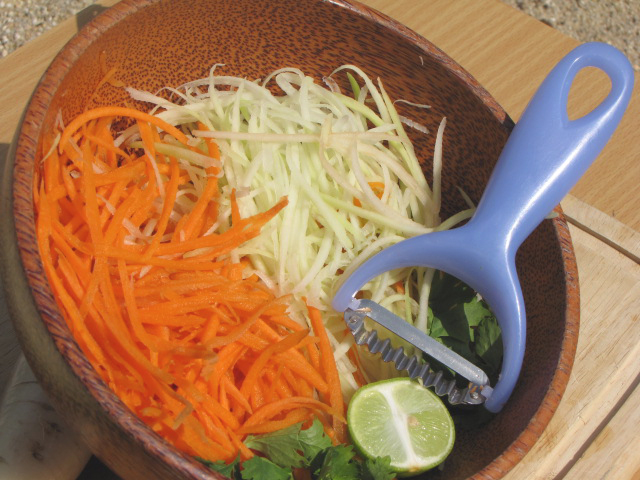
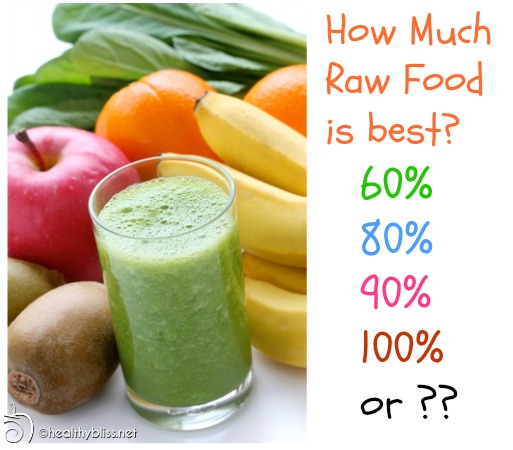

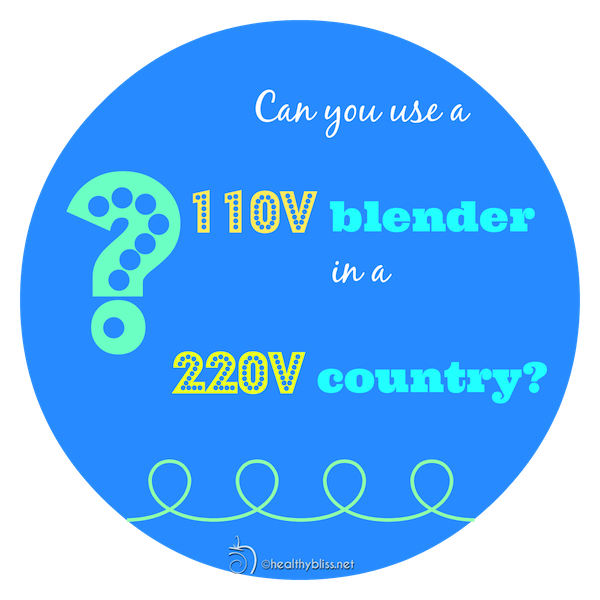


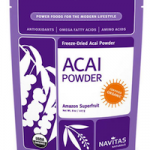
I immensely enjoyed the book, “The End of Overeating”. What made it so credible was that David Kessler was a former FDA Commissioner. I quoted this book in my new book, “EATING OURSELVES CRAZY”. As a Registered Social Worker, fully recovered bulimic and owner of a weigh-loss counselling service, I focus on emotional eating behaviors and food addiction. Today’s modern foods overstimulate our senses and rewire our brains promoting the urge-reward system which increases our chances of obesity. I believe educating in nutrition and exercise is not enough to lose weight and fight obesity. My book arms readers with valuable information on how to wean from our emotional dependency on foods.